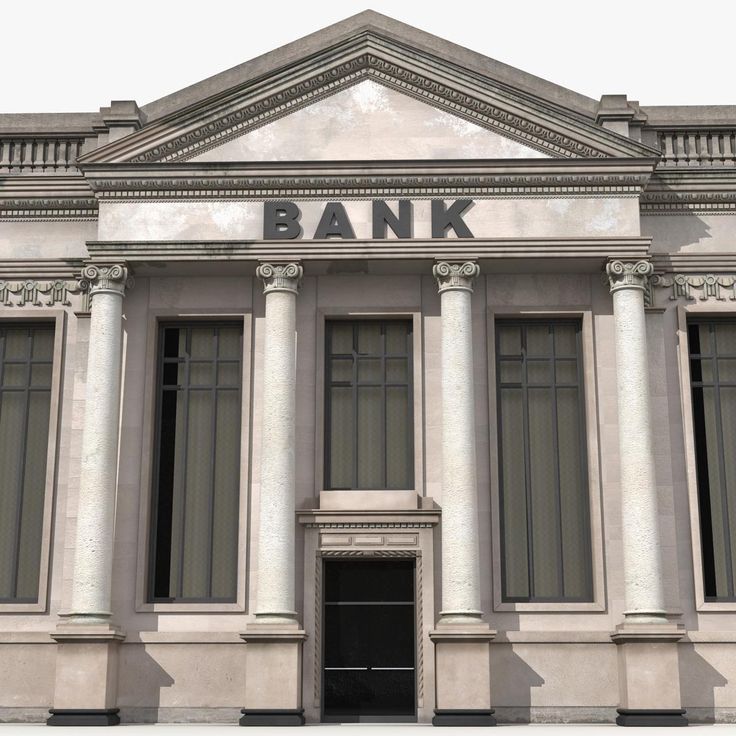Architecture, layouts, square meters, finishing-all these parameters are important when a buyer chooses a home. However, more and more often the decision is influenced not only by rational calculation, but also by emotional perception. Today, the buyer is not just looking for an apartment — he wants to find a place where he will feel at home, a place with which you can establish an internal connection. This is where the conversation begins about, why you need it "humanize» brand residential complex.
When a brand speaks to a person in the dry language of characteristics, it is easily lost among dozens of similar ones. But as soon as he speaks in a human way, associations, feelings, and trust appear. And this is much more important than abstract attractiveness.
What does it mean to "humanize" a brand?
"Humanize" means infusing the brand with vivid features. Show not only what is being built and where, but also why, for whom, how the place lives, and how the atmosphere is formed. This isn't about changing your logo or adding cute illustrations to your ads. This is about the feeling of warmth, closeness and clarity.
When a residential complex takes on character, mood and its own special history, it becomes not just a place, but a hero with whom you can associate yourself.
People choose what they understand
It is easier for a person to trust what causes a sense of recognition. When a brand doesn't talk to them as if they understand their rhythm of life, their worries, their dreams, there is a response. It can be through the stories of residents, through visual style, through dialogues in social networks, through descriptions of everyday situations that are easy to immerse yourself in.
For example, instead of the abstract "recreation area on the roof" — a story about how neighbors gather there on weekends to watch a movie. Instead of "playground" — a scene where the mother watches the first steps of the child. This is not a fiction, but a way to help a person imagine themselves as part of the future life.

A residential complex is more than a building
If a brand is limited only by its technical characteristics, it ceases to be interesting. It becomes a product without a soul. It is important for the buyer to feel that behind this house there are real concerns about life, everyday life, environment, communication.
We are not talking about loud statements. And about the subtle touches: how the space is organized, how residents interact, and how the internal community is formed. These details make the residential complex not just a set of sections, but a place where you want to return.
Engagement through emotions
When a brand speaks an emotional language — it gives a person the opportunity to feel, not just think. This is not about manipulation, but about empathy. The brand does not offer to "buy square meters" — it invites you to a life that you can imagine, want, and love.
This creates not just sales, but loyalty. A person who feels the warmth in the feed, trusts more easily, tells others, and remains inside the ecosystem of the complex as an active resident.
The role of stories and visual language
One of the ways to "humanize" a brand is through stories. This can be a story about a young couple who moved into a new house, or an interview with an architect who shared the idea of creating a space for communication. Such materials enliven the brand and make its voice recognizable.
Visual delivery also plays an important role. The mood of the photos, the softness of the color palette, the facial expressions in the images-all this forms the perception of the brand not as an impersonal structure, but as a friendly, caring neighbor.
Community as an extension of the brand
When residents begin to associate themselves not only with the house, but also with its "character", a community arises. And this is the next level of trust. People want to be part of something bigger — and a "humanized" brand gives them that opportunity.
The development of local initiatives, open events, internal chats, cooperation with residents-all this forms a living environment that becomes an extension of the brand.
Why it is necessary to "humanize" the brand of a residential complex-a look into the future
We live in an era when a developer is not only a builder, but also a storyteller. What kind of story he tells depends not only on the success of sales, but also on the reputation for years to come. Today it is impossible to gain trust only with discounts and turnkey finishing.
Buyers want to see people like them behind the brand of a residential complex. I want to believe that the house is built with care, that it will become part of something real, spiritual and native.








